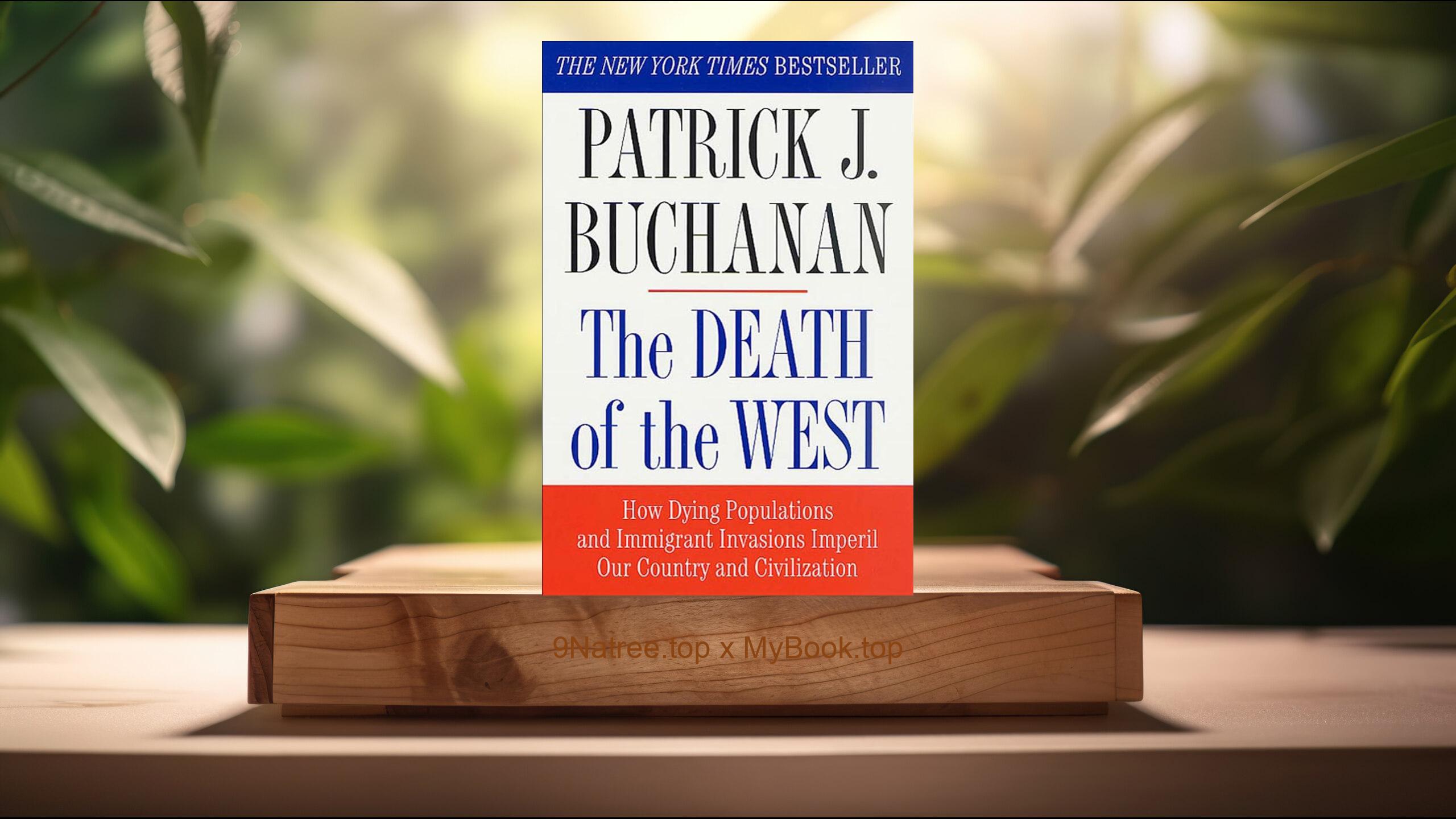Show Notes
- Amazon USA Store: https://www.amazon.com/dp/B09Q7Y4GL5?tag=9natree-20
- Amazon Worldwide Store: https://global.buys.trade/Starry-Messenger-Cosmic-Perspectives-on-Civilization-Neil-deGrasse-Tyson.html
- eBay: https://www.ebay.com/sch/i.html?_nkw=Starry+Messenger+Cosmic+Perspectives+on+Civilization+Neil+deGrasse+Tyson+&mkcid=1&mkrid=711-53200-19255-0&siteid=0&campid=5339060787&customid=9natree&toolid=10001&mkevt=1
- Read more: https://mybook.top/read/B09Q7Y4GL5/
#CosmicPerspective #NeildeGrasseTyson #ScienceandCivilization #EnvironmentalStewardship #TechnologicalInnovations #SpaceExploration #Sustainability #EthicsandMorality #StarryMessenger
These are takeaways from this book.
Firstly, The Cosmic Perspective, Neil deGrasse Tyson magnificently frames the cosmic perspective as a pivotal lens through which humanity can view its transient place within the vast universe. This perspective fosters a humbling sense of scale, emphasizing not only our planet's minute status compared to the cosmos at large but also challenging our perceptions of self-importance. Tyson uses the cosmic perspective to bridge disciplinary divides, arguing for its value in stimulating empathy, fostering global solidarity, and driving innovation. The idea is that by recognizing our shared vulnerabilities and the ephemeral nature of human achievements against the backdrop of an age-old universe, societies might be more inclined towards cooperative rather than divisive tendencies. This conceptual framework proposes a shift towards sustainability and long-term planning, inspired by an acute awareness of our small but significant place within the cosmic tapestry.
Secondly, Science and Civilization, In 'Starry Messenger,' Tyson embarks on a detailed exploration of how scientific advancement has been a cornerstone of human civilization, shaping our cultures, economies, and governance structures. This topic delves into the history of scientific discovery and its profound impact on societal norms and progress. The narrative underscores the importance of a scientifically literate society in addressing current global challenges such as climate change, pandemics, and technological disruptions. Tyson advocates for the integration of scientific thinking into the fabric of daily life, arguing that a rational and empirical approach to problem-solving and policy-making can lead to more equitable and sustainable outcomes. He highlights the role of science in inspiring innovation and fostering a culture of inquiry and skepticism, crucial for the continued progress of civilization.
Thirdly, Technology and Exploration, Neil deGrasse Tyson examines the dual role of technology and exploration in humanity's quest to understand the cosmos. He posits that our innate curiosity and drive to explore have been instrumental in pushing the boundaries of space travel and astronomical discovery. The chapter on technology and exploration reflects on historical milestones such as the Moon landing, the deployment of the Hubble Space Telescope, and the ongoing search for exoplanets. Tyson argues that these endeavors not only expand our knowledge of the universe but also spur technological innovations with wide-ranging applications on Earth. From satellite communications to GPS and even everyday consumer products, the technological offshoots of space exploration have permeated several facets of human life, highlighting the interconnectedness of exploration and technological advancement.
Fourthly, Environmental Awareness, Tyson uses the cosmic perspective to evoke a sense of environmental stewardship, arguing that the fragility of Earth's ecosystem is starkly evident when viewed against the vastness of space. This section of 'Starry Messenger' draws on the concept of the 'Pale Blue Dot,' emphasizing Earth's solitude and vulnerability in the cosmic void. Tyson advocates for a paradigm shift towards sustainability, urging humanity to recognize its responsibility in preserving the planet's delicate balance for future generations. The discussion encompasses climate change, resource depletion, and biodiversity loss, presenting a compelling case for the adoption of green technologies, renewable energy sources, and more sustainable lifestyle choices. By highlighting the interconnectedness of all life forms and the planet's unique capacity to sustain life, Tyson calls for a collective effort to combat environmental degradation and ensure Earth remains a viable home for humanity.
Lastly, Ethics and Morality, The book delves into the realms of ethics and morality from a cosmic standpoint, contemplating the evolutionary and social underpinnings of our moral compasses in the context of the universe's immensity. Tyson challenges readers to consider how the cosmic perspective might inform our ethical decisions and social policies, particularly in areas such as governance, education, and justice. He posits that an awareness of the universe's grandeur and mystery can foster a deeper appreciation for the diversity and complexity of human life, encouraging more compassionate and inclusive societal norms. This segment probes the potential for using our understanding of the cosmos to guide ethical decision-making, advocating for a universal morality that transcends cultural, religious, and political divides. By aligning our moral quandaries with cosmic realities, Tyson suggests we can cultivate a more harmonious and equitable global society.
![[Review] Starry Messenger: Cosmic Perspectives on Civilization (Neil deGrasse Tyson) Summarized](https://episodes.castos.com/660078c6833215-59505987/images/2011059/c1a-085k3-6zow7d75f28w-dd1udt.jpg)




